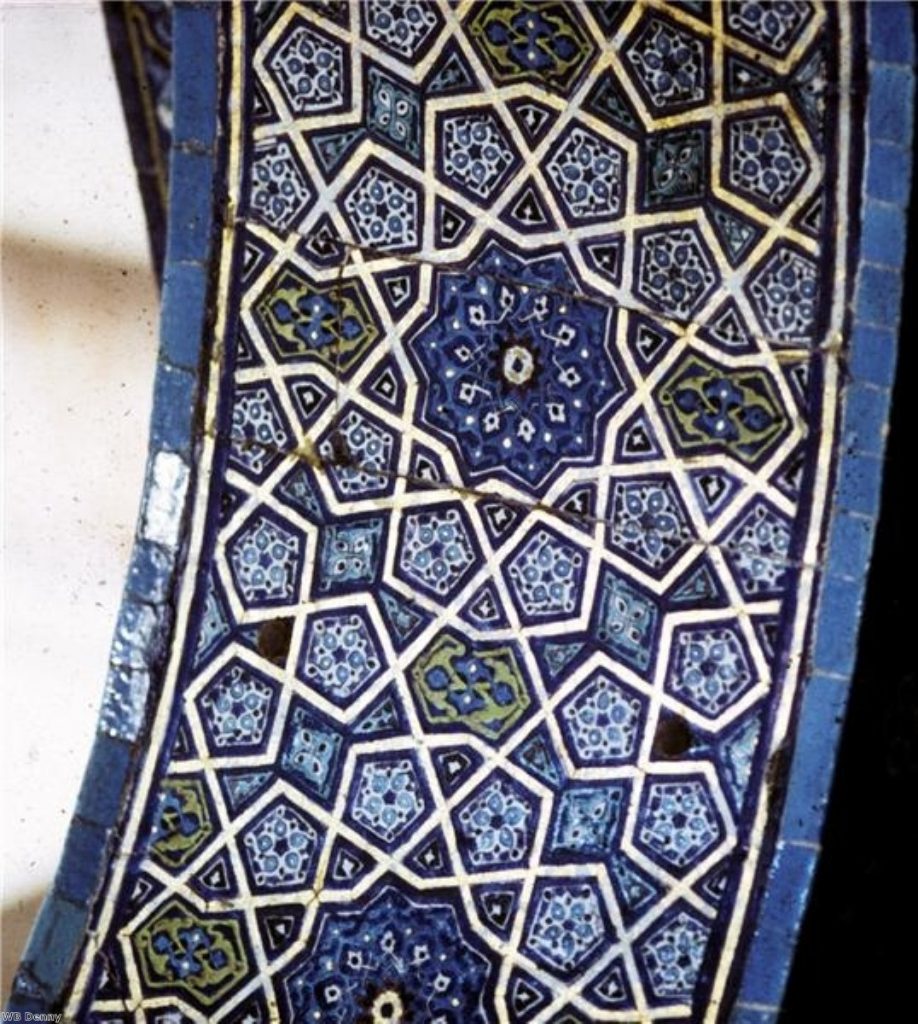Survey suggests Muslims are more loyal to Britain than the rest of us
It's difficult to compare the results of the BBC survey on Muslim opinions with the rest of the population, because no-one else is ever asked these questions – but it's probable Muslims are actually more loyal to the UK than the general public.
Today's BBC survey found 95% of Muslims are loyal to the country. There are no similar measurements for the general public.
However, a recent British social attitudes survey found a decline in pride in Britain. Only eight in ten were at least 'somewhat proud' to be British and even that figure masked a decline, with just 35% saying they were very proud, down from 43% a decade before.
Of course, it is perfectly possible to be loyal to a country you are not proud of, but that suggests a rather bleak form of zombie loyalty – a fact which derives from geographical location rather than sentiment. We can reasonably suppose, from the data, that Muslim levels of loyalty to Britain are actually higher than for the general population.


The fact these questions are never asked of non-Muslims speaks volumes about the higher standards they are held to and the levels of proof they are required to provide. A terror attack by Muslims, be it by Isis or the lunatics in Paris, is always followed by demands, often in respectable newspapers, for Muslims to publicly distance themselves from them. These demands continue even when Muslim leaders have already done so, suggesting they are motivated by suspicion rather than reason.
There is no reason for Muslims to apologise for the actions of lunatics, any more than Christians should apologise for Anders Breivik's killing spree in Norway, or Hindus should apologise for anti-Muslim violence by far-right nationalists in India, or Buddhists should apologise for anti-Muslim riots in Burma or Sri Lanka.
The BBC survey did find 27% of Muslims had some sympathy for the motives behind the Charlie Hebdo attacks. This is disappointing but unsurprising. Almost 80% said they found it deeply offensive to publish images of the prophet. Given how deeply and widely the taboo against this act is felt among Muslims, it is to be expected that a significant minority would feel sympathy for the motives behind the attack.

Many perceive Islam and the West to be incompatible
However, it is important to disentangle sympathy for motive and sympathy for action. We might sympathise with the motive of a homeless man who steals bread, while condemning the theft itself. Sympathising with the motives behind the attack is different to supporting it.
The background of the survey offers some indication of the context in which these sentiments are expressed. Muslims are afraid. Forty-six per cent said being a Muslim in Britain is difficult due to prejudice against Islam. Thirty-five per cent said most British people did not trust Muslims. Twenty per cent of Muslim women felt unsafe, as did ten per cent of Muslim men.
If these levels of discomfort and insecurity were expressed by any other ethnic group it would lead the headlines and hand-wringing editorials about where we'd gone wrong. Instead, it sparked headlines about the level of minority sympathy for the motives behind the Charlie Hebdo attack. That in itself speaks to the intellectual environment in which Muslims are forced to operate. The abiding message is that they refuse to integrate and that their culture is incompatible with western society. They are a problem to be solved.
It's true there is some resistance, from Muslims and non-Muslims alike, on integration, but it is wildly overstated. Just 13% of Muslims said they would rather socialise with fellow Muslims. Even on schooling, only 31% say they want their children to go to a Muslim school. Again – the figures are too high. But they are lower than people might expect. We could hardly expect them to be much lower, given the level of fear expressed about their security and acceptance in British society.

Levels of pride in UK are falling, according to some surveys
We have more than enough data to suggest Muslims are keen to integrate into a society they feel proud to be a part of. Of course, there are problems. The level of offense at depictions of the prophet is not commensurate with the West's rightful demand that everything is up for mockery, although of course hypocrisy on free speech issues is very common, with many of those berating Muslims' sensitivity also calling for the arrest of those who burn the poppy.
But at the core of the data is a picture of people who want to live together: a British public who increasingly view national identity as civic rather than racial or religious, and a Muslim population which is loyal to the country it lives in. It is the lunatics on either side who pull both groups apart. Shamefully, the tone of our press coverage often assists them.









